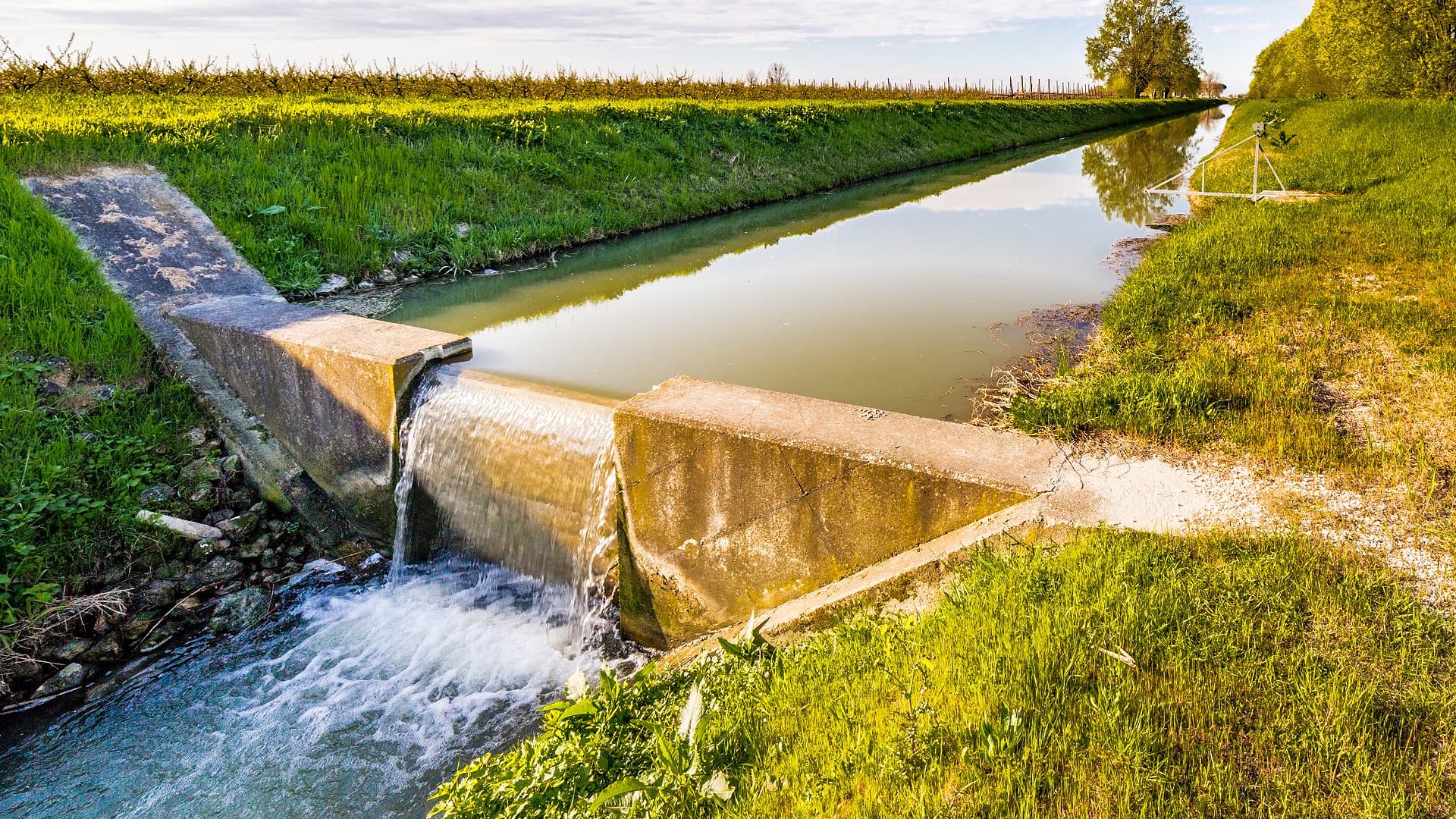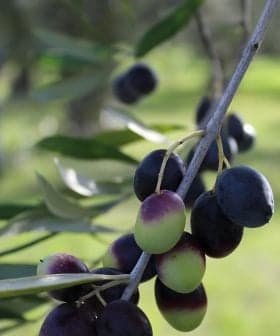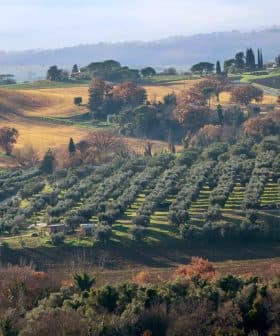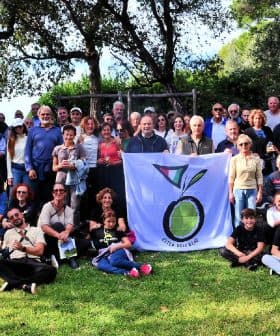Italy Announces €3.9B Investment in Water Infrastructure

The Italian government plans to spend €3.9 billion to improve water infrastructure and reduce leaks, with the goal of increasing resilience to climate change. Approximately 60 percent of the funds will go to projects in southern Italy, with the Ministry of Infrastructure warning that an additional €3 billion will be needed in the future to complete the plan.
Italian authorities announced that €3.9 billion would be spent to improve water infrastructure and reduce leaks in cities and agricultural areas. The goal of the European Union-supported plan is to increase the country’s resilience to the effects of climate change.
The Italian government’s water infrastructure strategy is a long-term plan to strengthen water security. Officials said sustainability, climate change mitigation and adaptation are crucial for approving new infrastructure projects.
Of those funds, €2.9 billion will come from the National Recovery and Resilience Plan, which is deployed as part of the European Union’s NextGenerationEU strategy. The rest is financed by Rome.
See Also:Growers and Producers in Italy Anticipate a Challenging HarvestApproximately 60 percent of the total will go to projects in southern Italy where urgent maintenance work is needed on reservoirs, aqueducts, agricultural water networks and irrigation channels.
This work includes securing the water supply, identifying and repairing leaks, digitally monitoring water networks (including new aqueducts, reservoirs and dams) and renewing irrigation channels.
Ten percent of the funds will be used to reinforce water networks at risk of earthquake damage.
The Ministry of Infrastructure said that “improving the quality of service provided to citizens, industry and agriculture” is its main goal. Approximately 1,000 kilometers of new water channels are expected to be built.
The latest data published by the National Institute of Statistics (Istat) show that the country’s water networks lose about 37 percent of the water volumes they manage every year to leaks.
For example, Istat noted that water losses per kilometer of major cities’ water networks reached 41 cubic meters each day in 2020.
Due to the current state of the water channels, the lack of snow in the previous winter and the scarcity of rainfall which exacerbated the effects of a record drought, many areas of Italy have faced water scarcity in recent months.
Farmers have also dealt with limited water availability for irrigation, with significant losses of staple crops and lower yields reported.
In its presentation, the ministry warned that “estimates show that precipitation will tend to reduce while temperatures will get higher, especially in the southern regions.”
“At the same time, extreme weather events such as floods, drought and heatwaves will happen more often and become more intense,” the ministry added. “They are destined to become harsher in the future. Such phenomena will accelerate the water cycle with a growing difference between winter and summer events.”
Broad in scope, the new water infrastructure plan is seen as a significant step in the long-term process of adapting to the changing climate.
The Italian government, which changed after September’s general election, warned in the Ministry of Infrastructure’s presentation that €3.9 billion would not be enough.
The technical offices of the ministry confirmed that to complete the plan and “bring the Italian water system to the needed levels,” €3 billion more would have to be invested in the coming years.









